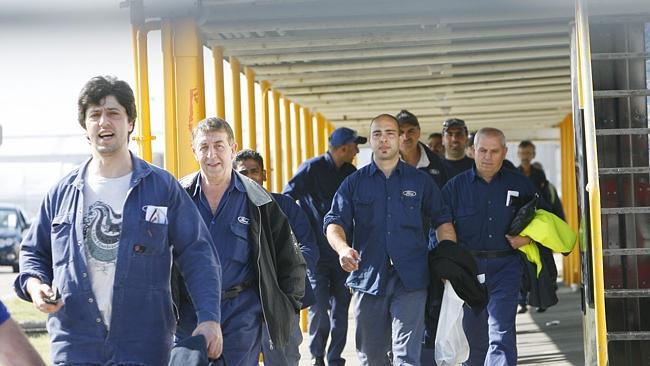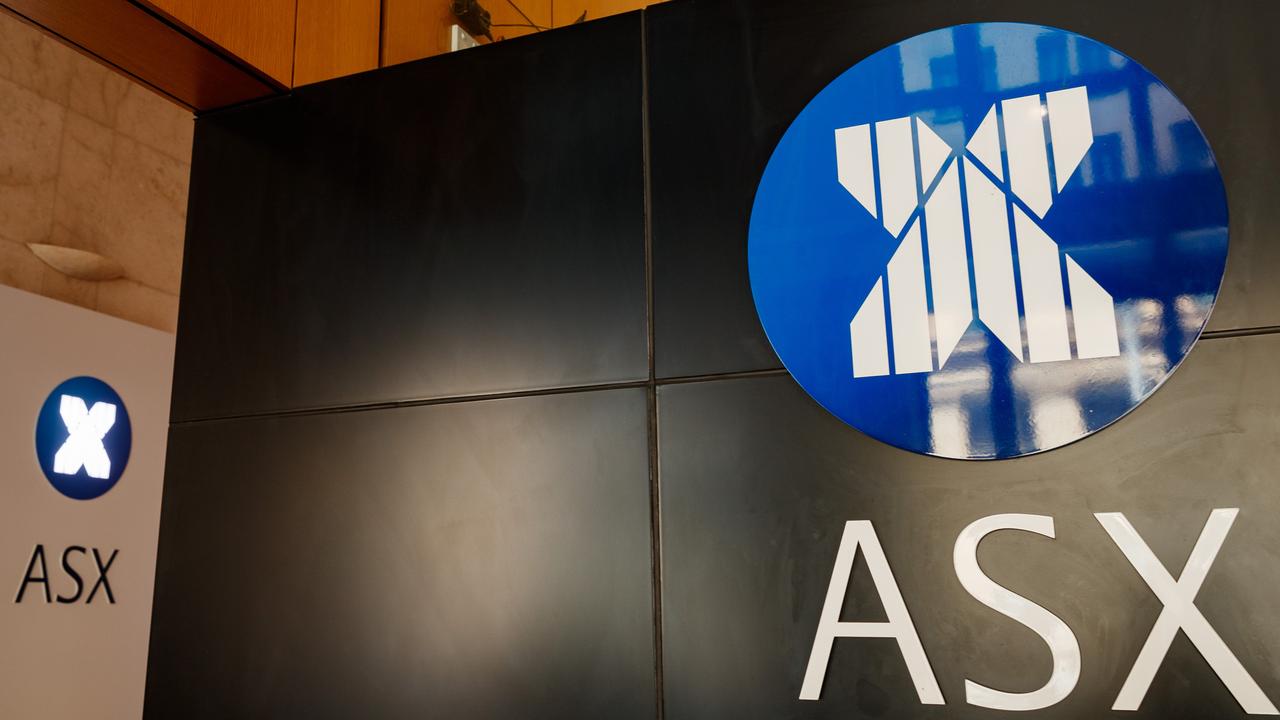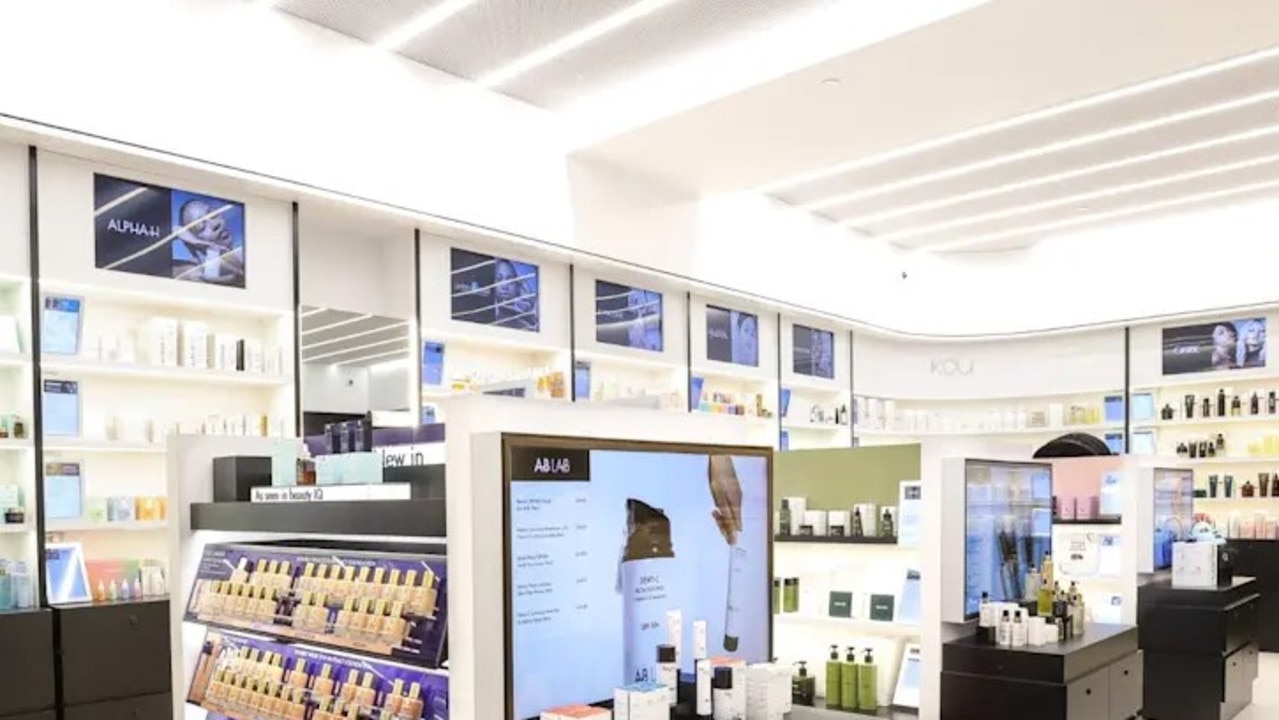Ross Greenwood has faith in Australian manufacturing
HOUSEHOLD name manufacturers are failing but the little Aussie battlers are stepping up in their place, writes Ross Greenwood

Small Business
Don't miss out on the headlines from Small Business. Followed categories will be added to My News.
Like dominos they have fallen. Ford, Toyota, General Motors Holden, Alcoa, Reckitt & Colman and Heinz. Every one of them a foreign owned manufacturer. Each of them a household name. And all of them found cheaper production alternatives elsewhere around the world. The closure of them, one-by-one, left hundreds of job losses behind.
The impression you get is that Australia can’t competitively make things anymore. It’s as if Australia’s manufacturing industry - especially its heartland, Sydney - is dying.
But it’s simply not true.
Ross Greenwood: Putting down $750 to buy a shelf company could be a business mistake
Look behind the headlines. Take a trip through western Sydney and the entrepreneurial heartlands of this state and you will uncover a different story.
I’m fortunate to often visit Australian companies, and what I have seen gives me hope that the entrepreneurial spirit still burns brightly. People are inventing things. Companies are solving problems to keep themselves in business and making themselves competitive.
Through this column we will share with you the stories of the companies that are succeeding against the odds.The people behind these companies not only go against the trend, but also our preconceptions. They are finding ways to survive and, in many cases, to prosper.
The problems they face are many. Among them; cheap imports, high labour costs, high business interest rates, a lack of venture capital and consumers who have lost pride in the Australian-made emblem. But successful Australianshave found ways to prevail.
My belief is that entrepreneurialism still beats strong in hearts across the nation. Yes business is tough but smart thinking, a willingness to adapt and a drive to succeed will create the next generation of wealth in this country.
Just last week I interviewed 83 year old Frank Lowy, Australia’s second richest man. He arrived in 1952 with barely a cent to his name. I asked him if he still sees the same opportunities today as he saw when he first stepped off the boat almost 62 years ago. “More” he said. “There are more people, so there are more opportunities today.”
With opportunity comes with risk, but unless people are prepared to take risks to succeed - and are not excessively impeded by Government or bureaucracy -then Australia will eventually be overcome by foreign products.
Which, and I think I can speak for most of us when I say this, none of us really wants.


